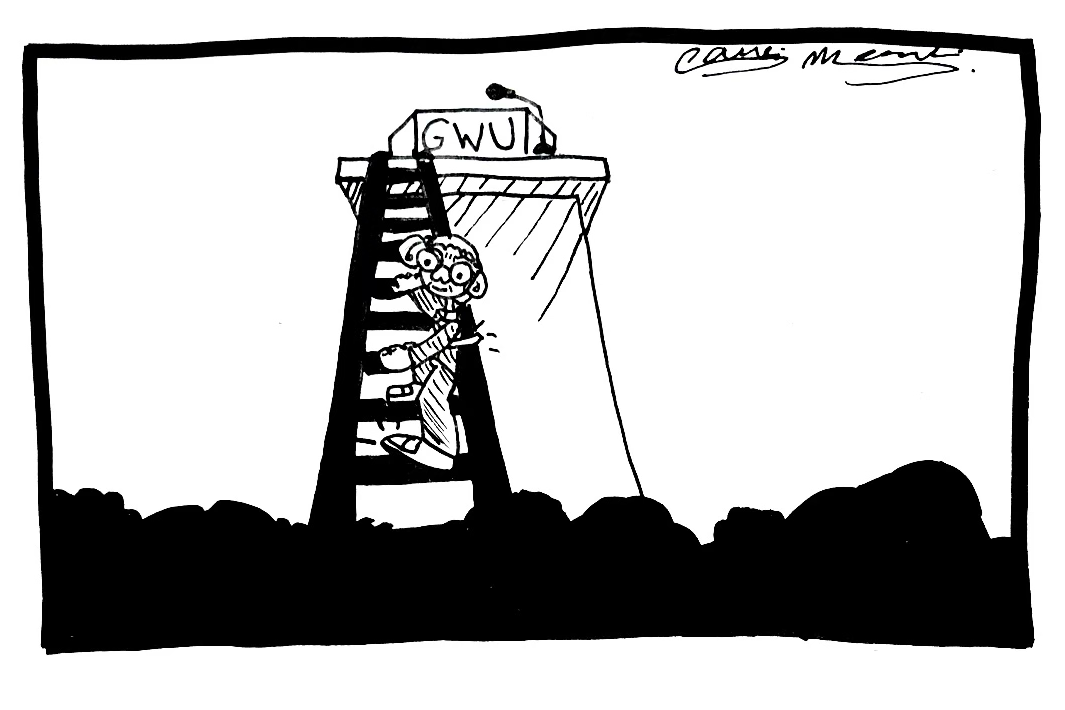While the University awaits news on whether campus will be allowed to reopen this fall, D.C. is entering phase two of reopening the city.
Reopening D.C. indicates that the city’s fight against coronavirus has been relatively successful, but the University continues to release information about the fall semester that is troubling and raises more questions than it answers. Provost Brian Blake has announced that faculty will be allowed to opt out of teaching classes in person. While this is a great step to allowing our faculty to remain safe, it brings up questions about what the fall semester will look like on the ground for students.
Thumbs up:
D.C. entering phase two is a great step toward reopening the city and indicates a sense of normalcy for students who are planning to return to campus in August.
Phase two allows restaurants and shops to reopen for indoor dining and nonessential retail at half capacity, as well as increasing permitted mass gatherings from 10 to 50 people. During this phase, colleges and universities in D.C. may be allowed to reopen if the D.C. Department of Health and Office of Planning approve each institution’s plans.
Entering phase two is contingent upon a decrease in coronavirus cases. The number of cases in D.C. has maintained a steady decline, but there are fears surrounding a second wave and justified concerns about what would happen if students and faculty return to campus. But overall this is a net positive – COVID-19 cases are down, and the city is beginning to reopen.
Thumbs down:
While allowing professors the ability to convert fall classes online allows those at risk to stay safe and avoid danger, it gives students another thing to worry about. Students are already concerned about the return to campus, which on-campus activities will be allowed, what their classes will look like if they are in larger classes and how they will live in residence halls under social distancing guidelines. Students whose professors convert classes online might question why they returned to campus if they could have taken their classes from home.
While online education offers students similar benefits as in-person education, there are serious setbacks to not being in a traditional classroom setting, like decreased interaction and discussion between classmates. In addition to these deficiencies, students might end up paying to live on campus and take their classes alone in their residence halls anyway, which is a waste of resources and money.
The University should refrain from offering students incomplete or partial information that can contribute to more uncertainty, like the confusion surrounding professors moving classes online. Administrators continue to release half-baked ideas that are intended to give students and their families a clear picture of what the fall could look like.
Hannah Thacker, a rising junior majoring in political communication, is the opinions editor.
Want to respond to this piece? Submit a letter to the editor.



